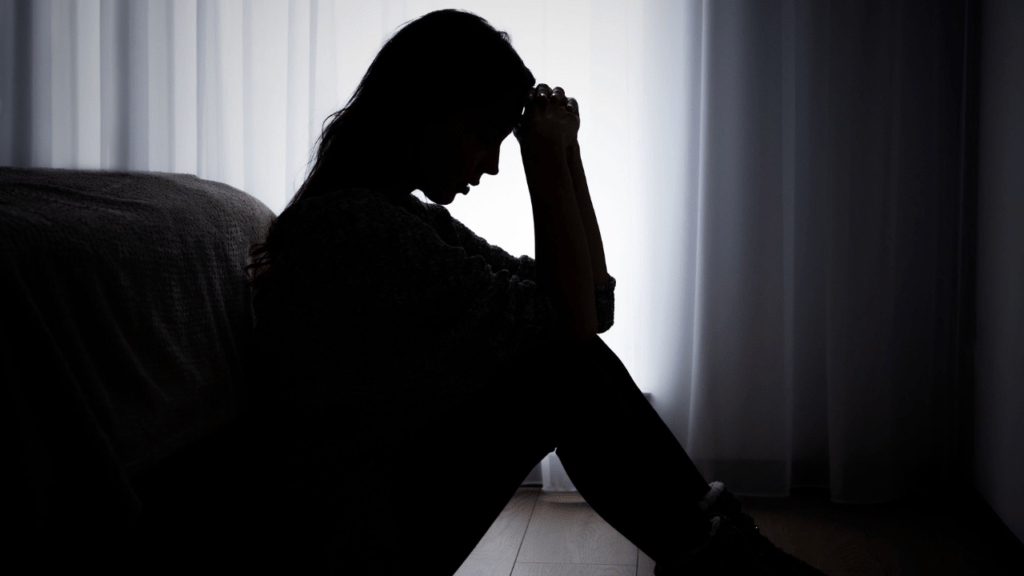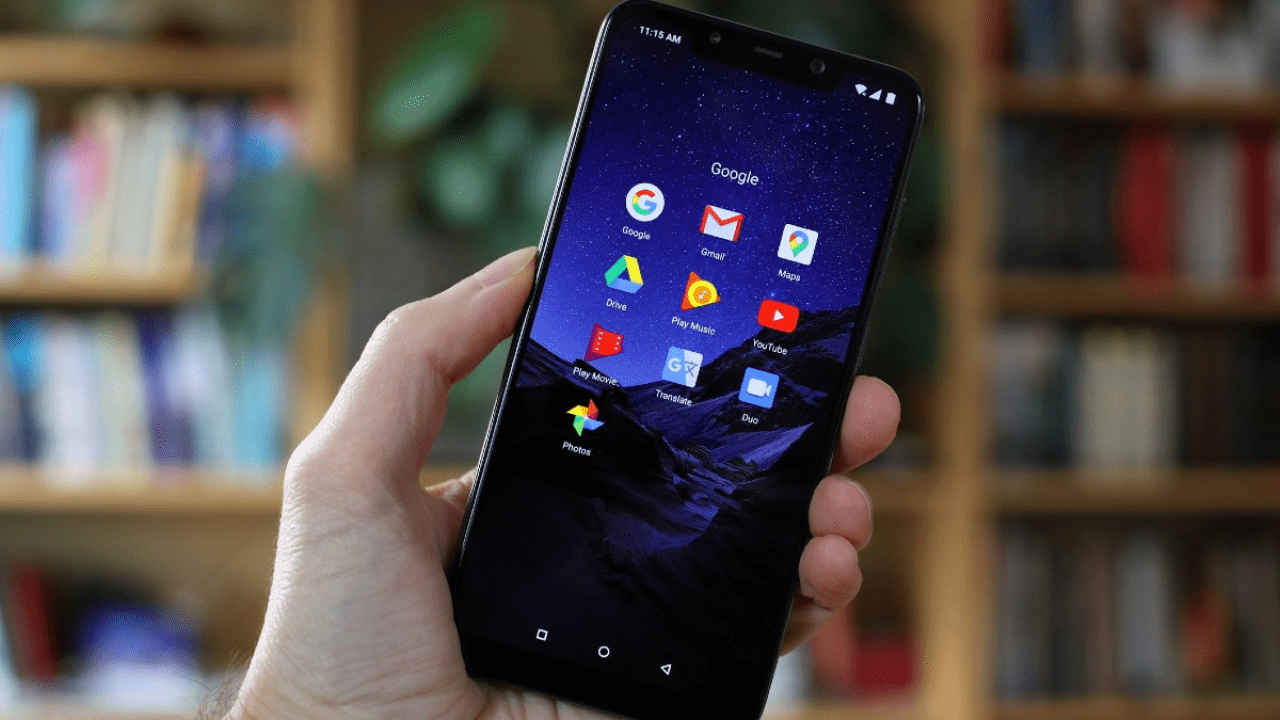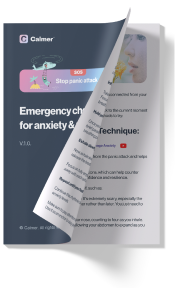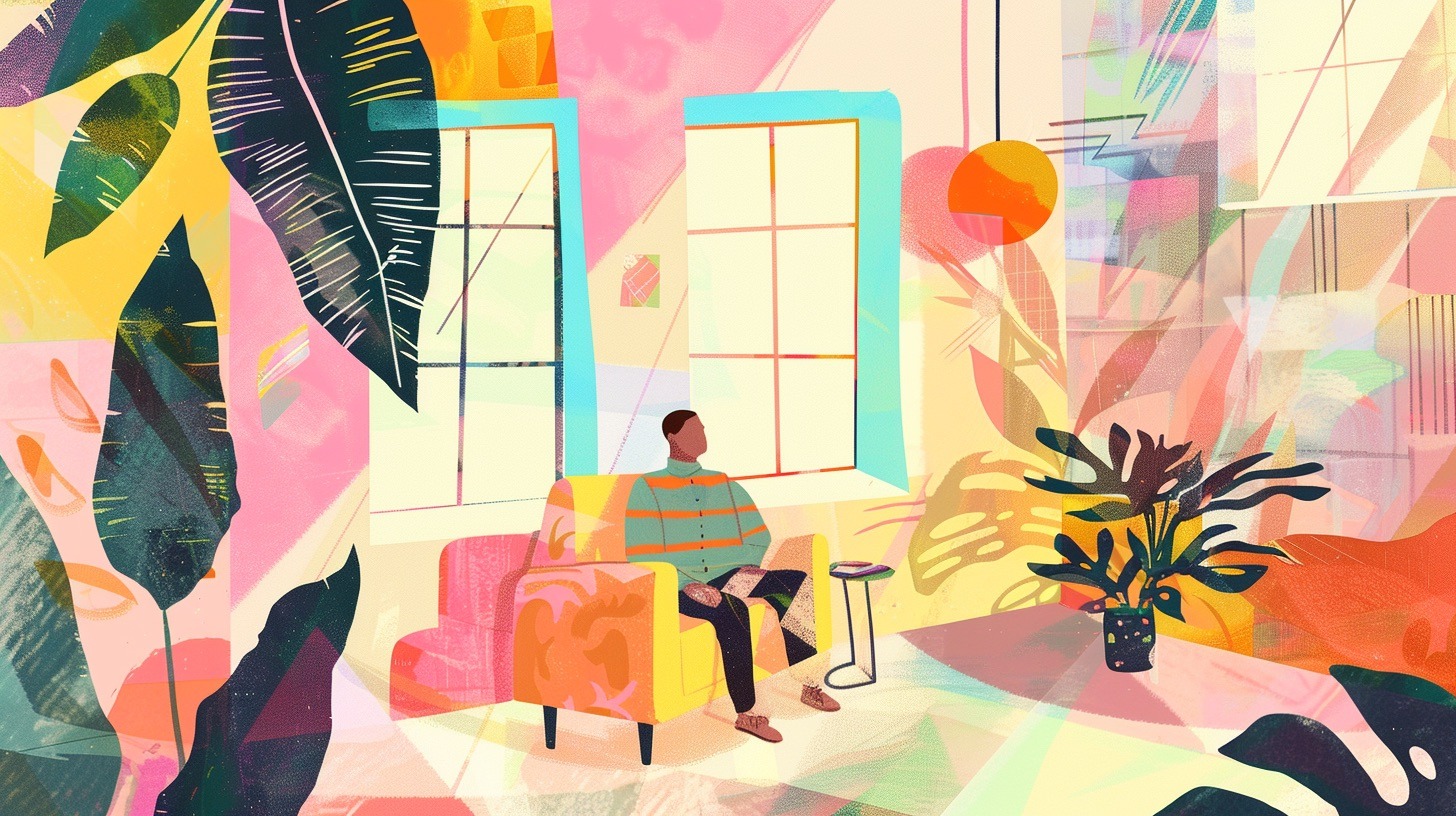Over the years, healthcare services have seen significant digitization, improving the overall efficiency and functioning of medical facilities. On a similar note, the field of psychiatric treatment health is embracing the trend of digitization.
And so far, mental health apps are the most noteworthy development in this field. With the promise to bring mental health care to your smartphone, these apps have piqued the interest of many. But are they really worth your time? Keep reading to learn about all the ways these apps can boost your mental health.
What are Mental Health Apps?
Mental health apps as the name indicates are mobile applications designed to improve your mental health. These digital tools are equipped with the appropriate therapeutic tools to treat a range of medical conditions including depression, anxiety, and suicidal thoughts.
Additionally, these apps help people deal with stressful situations, manage their emotions, and control their feelings.
Benefits of Using a Mental Health App
A mental health app offers plenty of advantages in improving people’s mental health, making it an effective therapy tool. Here are a few benefits of using a mental health app:
Convenience
With mental health apps on their phone, individuals can access treatment tools at their convenience, regardless of time or location. These apps eliminate the need for scheduling in-person appointments, waiting for available slots, and rearranging busy schedules to attend these appointments.
A Good First Step
For people who find themselves wary of going to the doctor or opening up, mental health apps can be a good first step on their path to healing. These apps can provide a great introduction to what therapy is like and what to expect from it.
Ideally, this exposure will empower people to consider professional counseling in the future.
Anonymity
Another compelling feature of mental health apps is anonymity. For many individuals, the idea of sharing their personal and private information with another person can stop them from seeking out appropriate help.
Instead, many of them would prefer to keep their struggles to themselves and figure out a way to deal with their challenges all alone. However, mental health apps erase the need for another person in the room. They offer a confidential and private space, where it’s just you and your phone.
24/7 Service

Some people might need more help than what a one-hour-long session can provide. Unlike doctors and therapists, mental health apps do not have specific time slots. You can avail the services of these apps any time you want, even in the middle of the night.
Low Costs
As the cost of living continues to rise, accessing psychiatric care becomes more unattainable for some individuals. However, mental health apps offer a cheaper alternative. In fact, most mental health apps are available free of cost, making therapy an affordable reality for many.
Public Interest

Mental health apps break away from concepts of traditional therapy. By moving away from the confines of in-person sessions, mental health apps offer new and innovative ways for the public to explore and engage with mental health care in more feasible and accessible ways.
Same Care for All
Thanks to algorithms, mental health apps provide the same standard of care for everyone, regardless of race, color, and gender. People worried about their doctors being biased in traditional healthcare settings will find mental health apps to be a reassuring alternative.
Complements Traditional Therapy
Mental health apps can also act as an extension of traditional therapy sessions. It can provide individuals with psychiatric oversight and support when they don’t have the services of a doctor available. More importantly, mental health apps can help build new habits and better incorporate lessons learned in therapy into everyday life.
Self-Monitoring Features
Mental health apps also offer an array of self-monitoring features, making it easier for users to keep track of their thoughts, and emotions. This comprehensive documentation offers a deeper insight into an individual’s mental health, allowing doctors to tailor treatment plans accordingly.
Additionally, these apps are a better alternative to patients self-monitoring independently.
High-Engagement Rates
Mental health apps allow individuals to be more of an active participant in their healing. Typically, patients use these apps without any push from doctors or family and friends.
This signifies an intrinsic motivation to get better and leads to higher engagement rates and better compliance. Features like usage reminders and a user-friendly interface also make it easier for patients to use the app consistently.
Conclusion
Summing it up, mental health apps are the future of psychiatric care. These apps have been designed to cater to an individual’s mental health needs. They offer convenience, and round-the-clock, efficient care, skillfully filling the gaps created by traditional therapeutic care.
You might have to download a bunch of them before you find the right one for yourself. Remember if your symptoms are severe, it’s best to visit a doctor.
FAQs
Are mental health apps safe?
Mental health apps are safe, provided they have a robust privacy policy and data protection measures in place. However, it’s recommended that you read up on other people’s experiences before integrating such apps into your daily routine.
Can mental health apps replace therapy?
Mental Health apps can serve people well when designed with scientific accuracy. However it’s crucial to understand that they are not a substitute for professional therapy. Instead, these apps can complement the healing process and assist in daily management of your mental health.
Can mobile apps help treat mood disorders?
There are plenty of mobile apps in the market that claim to treat mood disorders. However, studies have found that only a few of these apps, designed by keeping therapeutic practices in mind, can meet these claims.




